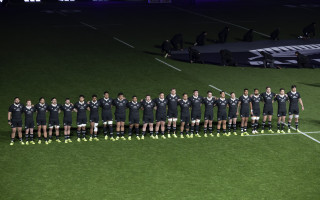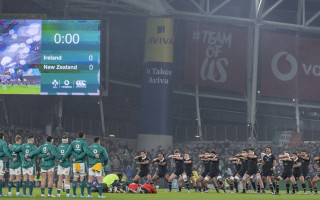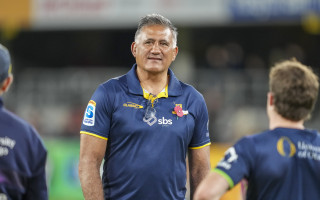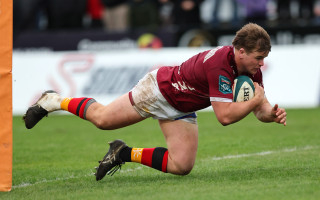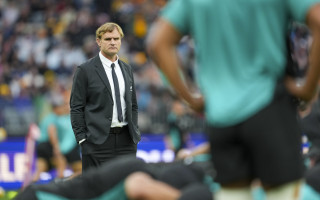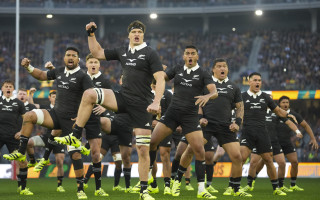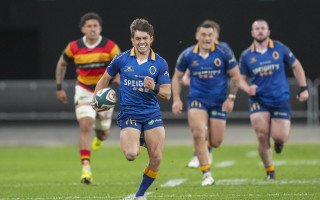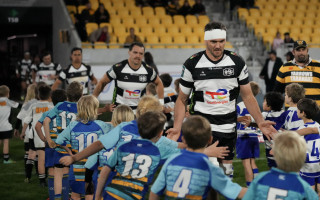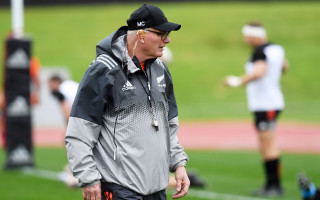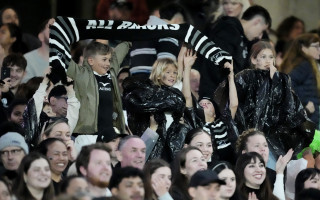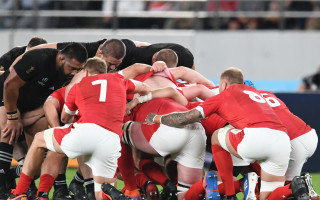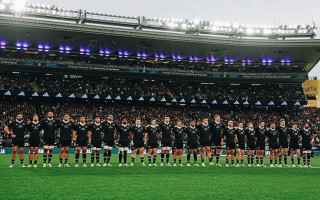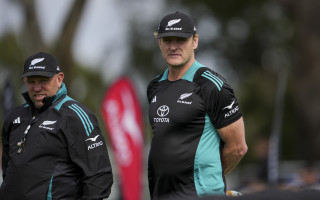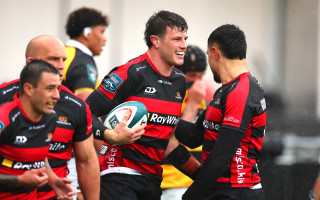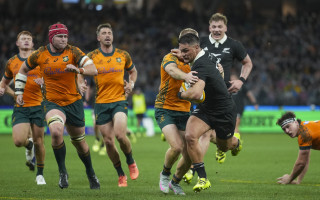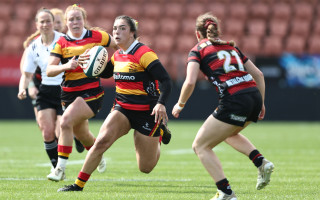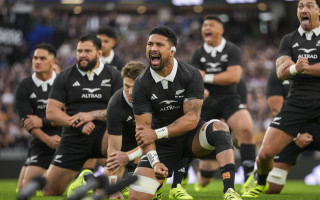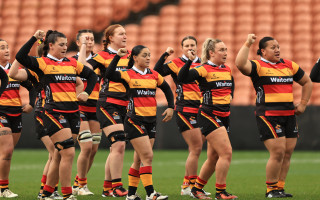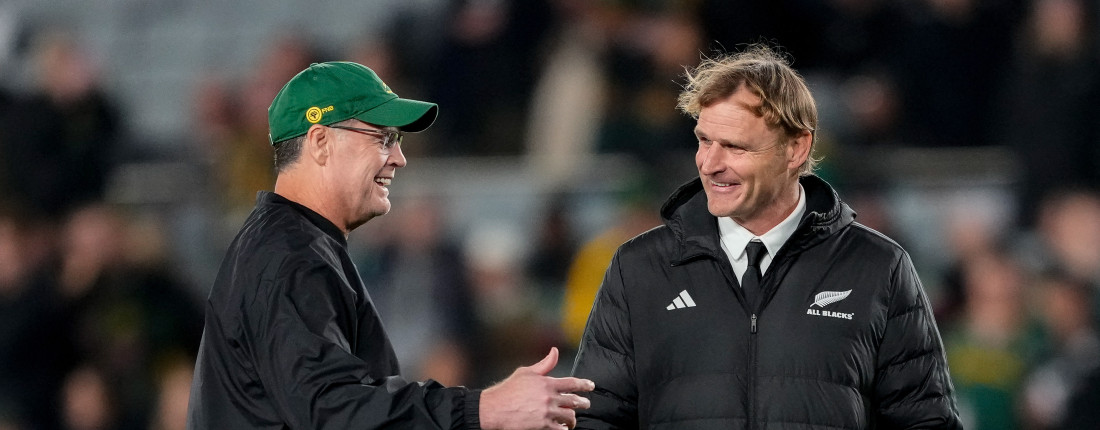
The All Blacks will play the Stormers on Friday, August 7, to open the tour in Cape Town, and then play the Sharks on Tuesday, August 11, in Durban. They will play the Bulls in Pretoria on Saturday, August 15, with a week until the first Test on August 22 at Ellis Park in Johannesburg.
They will stay in Johannesburg to play the Lions on August 25, and then meet South Africa in the second Test at Cape Town. A week later, they will play the third Test back in Johannesburg, but at FNB Stadium. The fourth Test will be played at a yet-to-be-named venue on September 12.
All Blacks coach Scott Robertson said his memory of the rivalry's past was mainly centred on the 1996 tour when the All Blacks finally won a series in South Africa, but it was great to have next year's tour to replicate what earlier teams went through, especially with midweek games added.
"When you look at the annuals, it's pretty special the amount of big occasions we've had and another one is ahead next year.
"It has been in the background for quite a while now, and you work closely with it, with your scheduling and timing, and the more you see, the more excited you get.
"I was fortunate to play Super Rugby against the South Africans for a long period and to coach as well. We know what it's like to play the Stormers and Sharks and Bulls and those Lions games on the side of a Test match as well.
"So, it's that full package and you're all in and you get to do it and with a great group of supporters. I'm sure there'll be some that have done it before and want to do it again while they can and support the All Blacks in the Republic."
Robertson said tours like these became an extra factor in Rugby World Cup preparation, in building depth and quality in combinations while finding out where you are at as a group, especially in the four Tests.
"We've got a reference point, but this is different. It's South Africa, it's historic and we're looking forward to it."
There would be a different challenge in selecting the side for such a tour with midweek games.
It would be a case of players in whatever games they were involved in being aware that they were wearing the black jersey, where each game was special for both teams. It would mean assessing how many players would be needed, how they would be used, and being prepared for injuries.
"There's also how you prepare in those weeks when you've got a five-day turnaround and what is the best way to maximise your time on tour. There's a lot of work that goes into it while also a lot of time to peak. It is unique."
A tour would also involve dealing with the different styles the teams play, which would be helpful for the All Blacks' learning.
"All those different styles of where they want to play is what we'll learn. That's the great thing about doing a tour. You get tight and take on anything that's in front of you. It's going to be a hell of a tour."
Robertson said he would be connecting with the history involved between the sides, what the All Blacks did well and what they learned from it.
Springboks coach Rassie Erasmus said the tours were an exciting prospect.
"My first tour [as a player] to any other big country was to New Zealand in 1994. It was super tense. And by touring back and forth, you get to know them better — their players, their coaches, their culture, and how they do things. It's very exciting.
"With the age I am, I appreciate what's happening."
Erasmus said the first Test match he saw involved New Zealand.
"We didn't always have television, and games were not always broadcast. We didn't know the Irish or English players. We knew the New Zealand players."
With the four Tests next year, it was similar to the World Cup's finals stage.
"But without a doubt, playing four Tests against New Zealand is a totally new challenge. We'll have to make some plans.
"We can prepare as well as we can, we can build squad depth and we must try and beat a team that has probably been the benchmark in the last 20 years in world rugby. We all know that somewhere, they're going to get back onto the horse and gallop well."
However, because he also needed to be preparing for the Rugby World Cup the year after, he didn't think he would experiment too much in the first three Tests, which were being played in South Africa.
"We will try and win it so that, hopefully, the last one is a dead rubber when we're not playing at home."
Erasmus didn't expect to still be coaching in 2030 when South Africa tours New Zealand, but said that if he weren't the coach, he would be looking to tour New Zealand as a supporter.

